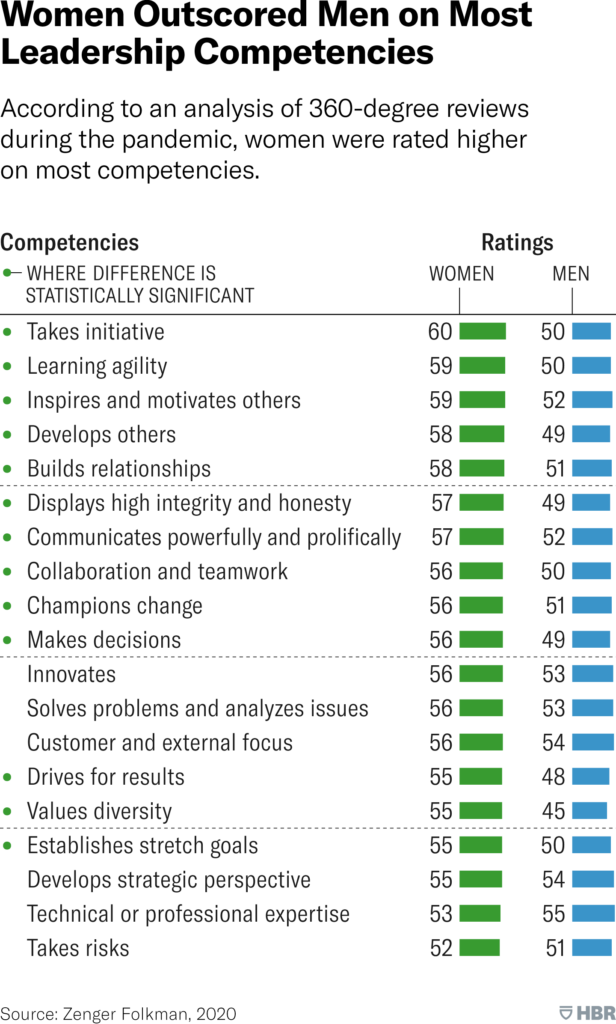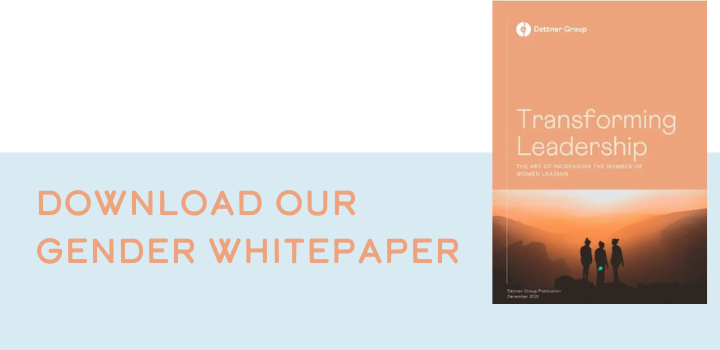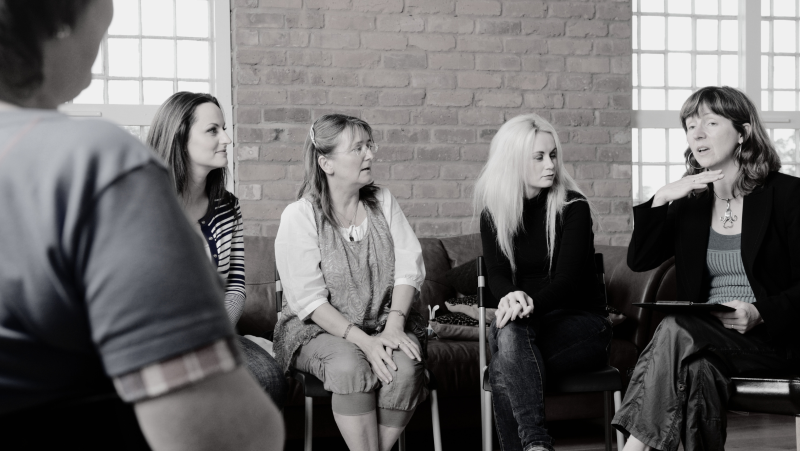Remember this as you read this article: Fred Astaire and Ginger Rogers were considered the greatest dancing duo in history. Bear in mind she wore high heels and danced backwards.
In today’s rapidly evolving world, the need for sustainable solutions has never been more pressing. Confronting news is evident daily – political, economic, environmental, social. Value systems are at war (Israel-Hamas conflict, Russia-Ukraine war, Trump V Harris, climate action versus resource exploitation). Social media provides a quick and easy vehicle for differences to become horribly divisive, vitriolic even, and we, who need trust more than anything, lose our way, become defensive, small-minded, judgmental in turn. Our kids and community follow suit. Not all of us, and not all the time, but many of us and often.
Perhaps there is power thrown into the mix – what I know over you or better than you. Perhaps there is fear or anxiety – if I don’t act, there will be consequences. Our better selves defer to the worst of us, and we can and often do lose our way.
It is not who we want to be. That’s the truth. Martin Luther King said, ‘the arc of the universe bends towards justice’. And we know if we are fair, then possibly justice leads us to a better outcome for all. We sense the truth of this, but do we have both the will and the skill to do the right thing together? Do our leaders know how to do this?
The Current State of Local Government
Within councils across Australia, change is happening, both out of desire and necessity. More thoughtfulness and investment are going into engaging staff and leaders in ways of working together that are more rewarding and inclusive. The change is both desirable and, frankly, necessary.
The Imperative for Change
So, challenging both the skill and will of leadership is imperative. If we are to successfully transform our approach to local government (let alone global governance), then revolutionising the practice of leadership is one of the critical keys to a sustainable, healthy future.
Front and centre in this opportunity are women in large numbers, not just in staffing numbers, but leading at all levels. The data is unambiguous, both regarding the shortage of women leading and, in fact, the importance of their contribution.
Increasing Women’s Leadership Roles – Why Bother?
The data is unequivocal. According to Zenger and Folkman’s research, women excel in seventeen out of nineteen well-researched leadership capabilities. These capabilities include areas such as taking initiative, developing others, and driving for results. Despite this, women remain underrepresented in leadership positions across various sectors. This gap is not due to a lack of competence but rather systemic barriers and biases that hinder women’s selection, promotion, and visibility. These, in turn, can lead to lack of confidence and significant self-doubt. Women then take on too much (perhaps endeavouring to prove themselves) and are judged accordingly. They don’t aspire to the top roles (on their own) as much as men and so are seen as less assertive or intentional. Women want a whole-of-life approach, not just a career.

To help resolve this intransigent imbalance and increase women’s leadership participation, organisations must implement proactive strategies:
- Mentorship programs providing guidance and support
- Flexible working conditions enabling a whole-of-life approach
- Transparent promotion processes to identify and eliminate biases
These actions create a baseline for engaging women. While they don’t solve the problem entirely, they provide essential foundation stones.
We wrote a gender whitepaper to outline exactly how organisations can do this.

Why Personal Development is Central to Advancing Women
Personal development is less about improving skill and much more about scaffolding will – both individually and together. Self-development for women is about building courage – to trust themselves, to be purposeful and values-aligned, to elevate and honour the human community that makes what we do possible. In a world where the rules of the game are frequently stacked against them, women need to equip themselves with the resilience required to stay the course (noting they are often already technically and cognitively successful).
Investing in personal development means continuously learning and adapting. It involves seeking feedback, collaborating with others on the journey, and engaging in self-reflection. Women need to build their courage and generosity (to themselves and other women) if they are to buck systemic bias and lead as they see fit. Both courage and generosity are often undermined by male-dominated structures and society’s expectations. Is a female leader different from a man? If she’s kind and inclusive, is she seen as weak? If she’s assertive and forthright, is she seen as aggressive?
Advice for Women in Leadership
For women aspiring to leadership roles, here is some advice to help navigate the journey:
- Embrace Authenticity: Be true to yourself and your values. Don’t try to conform to traditional leadership styles if they don’t resonate with you. Authentic leaders are more relatable and trusted by their teams. Your authentic self is what we so badly need.
- Build a Support Team: Surround yourself with mentors, peers, and allies who can provide guidance, support, and opportunities. Networking for women is less about climbing the ladder and far more about building meaningful relationships that can support you throughout your career, as you in turn support others.
- Recognise the Power of Emotional Resilience: Develop awareness of how you and others feel and learn to use emotional information strategically. Build resilience through self-care, seeking support when needed, and maintaining a positive outlook.
- Do What You Do Best; Keep Learning: The best leaders are lifelong learners. Seek out opportunities for ongoing development, whether through formal education, workshops, or self-directed learning. Stay curious and open to new ideas and perspectives. Share stories with other leaders, especially women.
- Advocate for Yourself and Other Women: Don’t be afraid to speak up and claim your place at the table. This includes negotiating for promotions, pay raises, and resources that will help you feel recognised fairly. Do this for other women as well.
Addressing the Trust Deficit
The Edelman Trust Barometer has shown a concerning decline in trust in leadership over many years – at best depressing, at worst mildly terrifying. Trust is fundamental to effective leadership and sustainable development. It is central to our evolution as a species. Women leaders have a unique opportunity to address this trust deficit through demonstrating integrity, transparency, and empathy.
Executive teams must create an environment where trust flourishes by:
- Establishing clear values and agreed behaviours
- Promoting open communication
- Holding all leaders accountable for their actions
A Final Word
Supporting women into leadership positions is not just a matter of fairness; it is a strategic imperative for a sustainable future. By increasing women’s leadership roles, investing in their development, and addressing the trust deficit, we can create a more inclusive and resilient leadership landscape.
Local government should be our fastest adaptor, enabling this evolution of the practice of leadership. The question to ask yourself: is it?
Men and women are both capable of greatness. With men and women leading together, we can amplify the best of both.
Fabian Dattner is the CEO of leadership organisation, Dattner Group. Dattner Group are specialists in transformational change and work extensively within the local government sector. Their signature leadership program for women, Compass, has supported hundreds of women from local government to choose courage over confidence and increase their visibility and impact in the sector. To find out more visit Compass.



